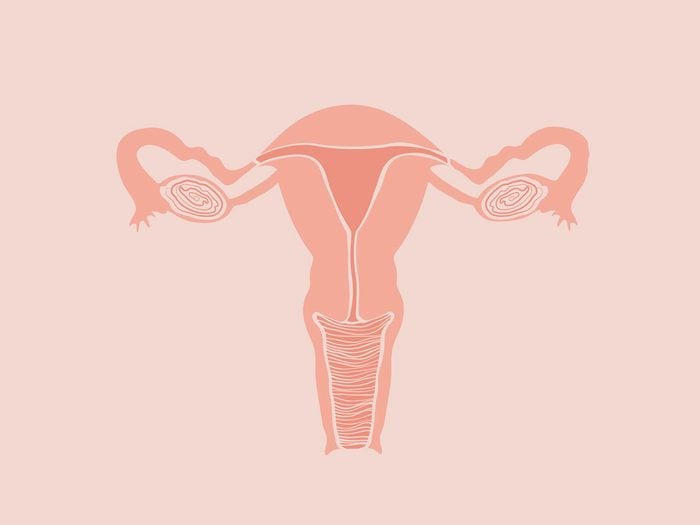
Early detection is the key
Cervical cancer rates have decreased steadily since the 1970s, according to the Government of Canada. That’s great news, but it’s primarily because of the Pap tests—once doctors introduced this simple test, the cancer has been routinely caught early at an easier-to-treat stage.
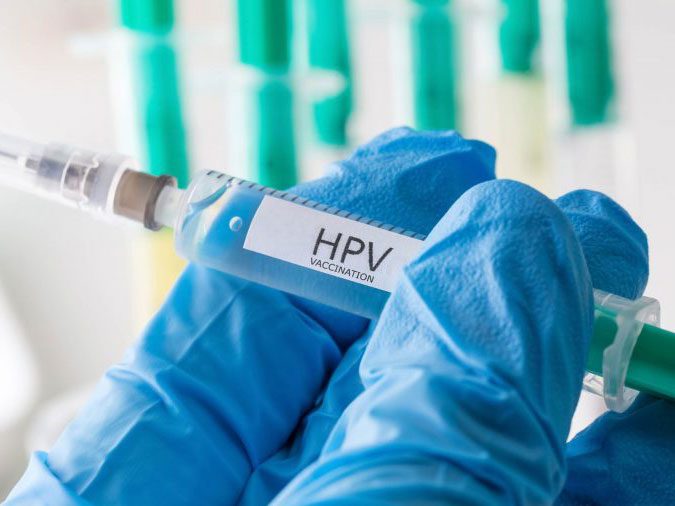
You’ve had HPV
Human papillomavirus is the number-one risk factor for developing cervical cancer, and it’s also one of the most common sexually transmitted diseases—about 80 percent of sexually active people are infected with HPV at some point in their lives, according to Cleveland Clinic. “It’s pretty uncommon to find a cervix cancer that isn’t HPV-related,” says Robert DeBernardo, MD, a gynecologic oncologist at Cleveland Clinic in Cleveland, Ohio. There are more than 100 types of HPV but only a handful are considered “high risk” for leading to cervical cancer, with about 70 percent of cancer cases caused by just two of those types. The body clears up to 90 percent of HPV infections by itself without treatment, but sometimes it doesn’t and the virus is able to change the cells of the cervix; left untreated, this can advance to cancer. (Don’t miss the HPV myths you need to stop believing.)

You’ve taken birth control forever
Taking birth control doesn’t at all mean you’ll someday develop cancer, but using oral contraceptives for five or more years is linked to a slightly increased risk of cervical cancer, according to the National Cancer Institute. Women who stopped taking oral birth control tended to see that risk decline over time, regardless of how long they’d popped a pill before. Researchers, including those who published a study in the journal PLOS ONE, think that hormones commonly used in birth control (like estrogen and progesterone) may make cervical cells more susceptible to HPV infection, affect their ability to clear the infection, or make it easier for HPV to cause abnormal cell changes.

You’re a smoker
Here’s one more reason to quit smoking: It not only puts you at risk for lung cancer, but also can up your risk of developing cervical cancer. “Cigarette smoke really seems to activate the HPV virus. We don’t understand why that is but something about the carcinogens helps that process along,” says Dr. DeBernardo. Cigarettes contain cancer-causing chemicals that are absorbed through the lungs and transported throughout the body via our bloodstream; tobacco byproducts have even been found in the cervical mucus of female smokers. The American Cancer Society estimates that women who smoke are about twice as likely as non-smokers to get cervical cancer; researchers believe the harmful substances damage the DNA of cervix cells or makes the immune system less able to fight off HPV infections.
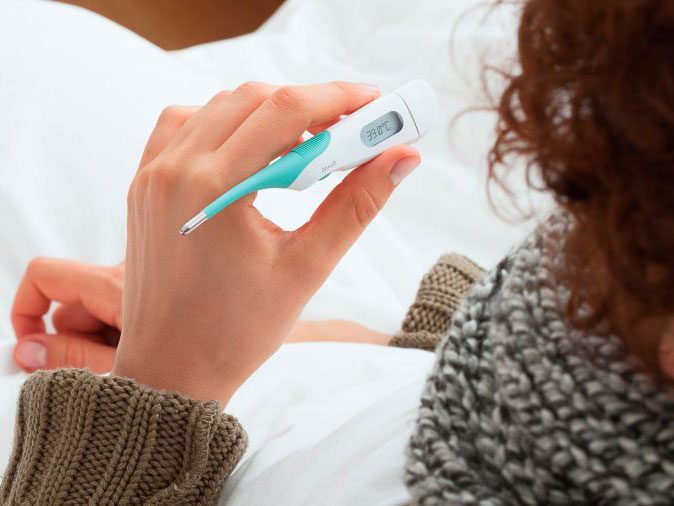
You have a weakened immune system
The weaker your immune system, the harder it has to work to fight off infections. That’s why women who have HIV or AIDS or who take immune-suppressing medications are at higher risk for developing both HPV and cervical cancer. “The immune system can’t keep things in check,” says Dr. DeBernardo. The body relies on the immune system to destroy cancer cells or slow their growth and spread; when your immunity is compromised, cervical pre-cancer may develop into invasive cancer faster than usual, according to the American Society of Clinical Oncology.
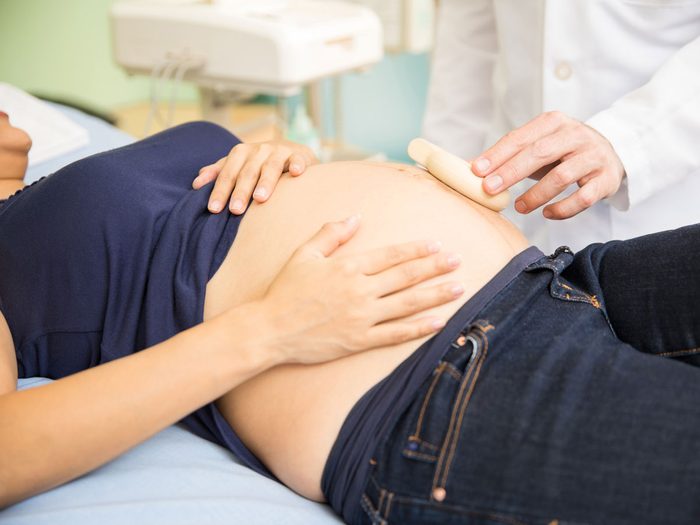
Your pregnancy history
Getting pregnant before the age of 17 or having multiple full-term pregnancies can raise the risk of developing cervical cancer, according to the American Cancer Society, though no one is really sure why. (Psst: Learn why women are ditching the pill in favour of birth control apps to prevent pregnancy.)

You hate fruits and veggies
“Lifestyle plays a very big part in cervical cancer,” says Dr. DeBernardo. A diet rich in antioxidants found in many fruits and vegetables can help the body prevent and fight off infections like HPV. Since cervical cancer is especially common in low-income women, one theory is that they’re less able to stock up on healthful foods to maintain a healthy diet (in addition to lacking access to healthcare and screenings).
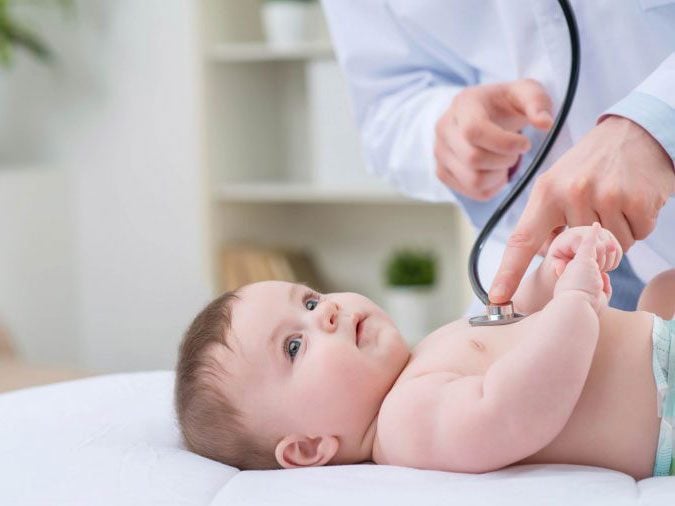
You’re a DES baby
Some women between 1940 and 1971 were prescribed the hormonal drug diethylstilbestrol (DES) to prevent miscarriage, and though rare, women whose mothers took it sometimes develop cervical cancer even if they’ve never been infected with HPV. “That drug was taken off the market a long time ago so these cases are becoming less and less common, but we do see rare cancers in women exposed to DES in utero,” says Dr. DeBernardo.
Now that you’re aware of the cervical cancer risks, find out what doctors wish you knew about the disease.
